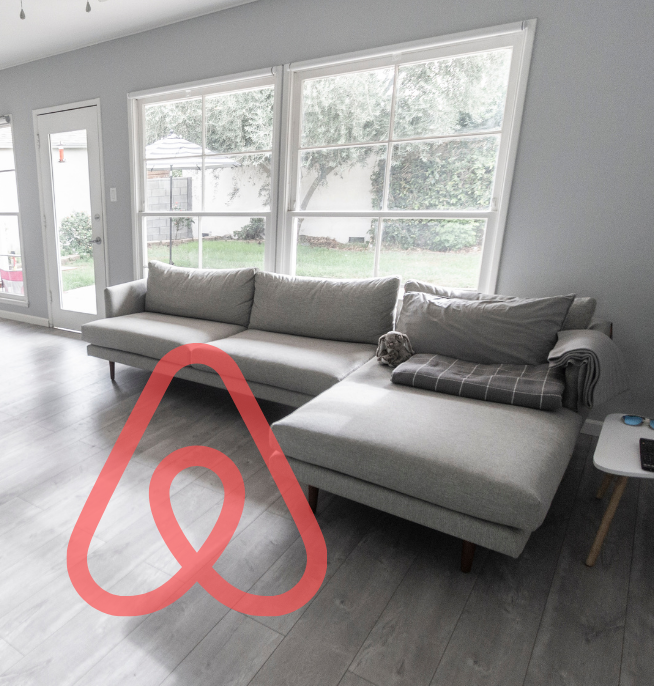Before I became a coach and business shaper, I owned and ran a digital marketing agency. For most of the twelve years, I rode the boom and bust rollercoaster, making more than my fair share of mistakes along the way. Without a doubt, the largest and most regrettable of those mistakes was hiring a Business Development Manager.
Business Development Mistakes
In fact, hiring a BDM wasn’t just my greatest mistake, it was also my most costly. I calculated that one single decision cost me £60,000 in cold hard cash, however the real cost to my business was more like £180,000, and it put me 18 months behind where I could have been.
Here’s what the whole torrid experience taught me. With hindsight, some of this sounds obvious. Which probably makes me look pretty dumb. But too often in business, it’s the obvious stuff we tend to ignore.
1. A BDM is not a silver bullet.
I admit that I was looking for an easy way off the rollercoaster, and getting all the sales pressure off my plate and onto someone else’s seemed like the quickest and easiest way to do it. Hiring a BDM was a knee-jerk reaction to feeling overwhelmed. But making important decisions, particularly hiring decisions, from a state of desperation is never going to work out well. If you’re desperate to make sales, no BDM is going to ride in on a white horse to save you. Why...?
2. The clue is in the job title: Manager
Whoever you bring into your business needs something to manage. I didn’t really get that at first, but the person managing your business development needs a process, a pipeline of leads or at least something to work with. As the business owner, that’s on you to provide. It’s your duty to understand what you’re offering, what brings in leads, and what will convert them into sales. If you don’t have that nailed, expect month after month of expensive disappointment while your new hire flails around trying to get ‘up to speed’.
3. It’s not their business, it’s yours
As a business owner, you want to believe that your employees are as knowledgeable, as passionate and as excited about your enterprise as you are. They’re not. Even your BDM is not going to feel as strongly about things as you do. Which is something else that was incomprehensible to me at the time. This means that all those vague but exciting goals and ideas that only exist in your head now need to be articulated and successfully communicated to your BDM if you want anything to come of them. It also means that it’s your responsibility to ensure your passion, personality and all the intangible personal elements that you bring to the business are packaged up so they can be clearly translated to potential customers by a third party. That’s not an easy ask.
4. Managers need KPIs
At the time all of this was going on, I was using the infamous ‘bank balance accounting method’, which essentially meant frantically refreshing my online balance to see what cash had come in. That was about the only KPI I employed at the time. I know now that KPIs are like the dials in a pilot’s cockpit. They keep you from crashing as much as they keep you on course. It’s not sexy, but having a set of clear ‘good, better and best’ performance metrics is essential if you want to know whether your business development efforts are paying off.
A BDM can’t manage what you don’t measure, and neither can you.
5. Salespeople are good at selling themselves
I was (and still am) an absolute sucker for falling for what I wanted to hear. My BDM pulled all the right strings to convince me that my business needed her, and I fell hook, line and sinker for her bull. It took me six months of excuses before I came to my senses and finally saw through it. A BDM could make or break your business, so you need to do everything possible to ensure you’ve got the right person. Then, when they come on board, neither of you can take your foot off the gas until they generate revenue. If you’ve hired well, that should happen fairly quickly.
As I mentioned at the top, all of this happened an age ago when I was a different person in a different career. Today, my advice to most of my clients would be: if you’re involved in the daily running of your business, then you should be the one growing and developing it. You don’t need a BDM to do that (until you reach a certain milestone).
Here's How To Avoid the Business Development Mistakes
However, if you still want to hire one, here are the things I think you need to get locked down before posting that recruitment ad:
1. Business development playbook
Written as if it were a manual for a Boeing 747, your playbook must include a strategic growth plan outlining the steps required to reach your financial targets. From here, you can 'Google map' your way to where you want to be and build out your own KPI dashboards.
2. Crystal clear positioning
Your offering and your proposition need to be clearly defined and supported with messaging that shows value to your audience. You can’t expect a BDM to come up with this stuff, they need a proven product and messaging system to work with.
3. Sales process
Including sales materials and a pricing structure. Your BDM should be enhancing and scaling what works, not creating everything from scratch. By having this stuff ready to go, you’re eliminating opportunities for excuses.
4. Stable operational capacity
If your BDM is successful, sales will increase. Be sure you can consistently deliver quality work when they do. Nothing damages a reputation faster than winning work you can't deliver. It may sound like a great problem to have, but I’ve broken businesses by sales exceeding capacity. It’s not that easy to fix fast.
5. Financial runway
Realistically, it’ll take at least six months for a BDM to reach full productivity. You need sufficient cash flow to cover their salary, commission, and overheads during this ramp-up period. Business capacity needs to be ready for the best-case scenario, and you need to plan ahead for the worst-case scenario.
5. Job description
Not the job ad you posted, but a detailed job description with incredibly clear PIPs of what is expected by when. Ambiguity sets you both up for heartache and disappointment. Your new hire needs to know what you want, what the minimum acceptable level of performance is, and what happens when they don't hit that. Being clear is being kind.
If, after reading this, you realise there’s a gap in your business with creating that growth plan, the strategies and ‘Google map’ to get there, let’s have a conversation. I can help you to get an understanding of where you are now, get clarity on where, what, how and get headed in the right direction. Ask me for details or book a call here.



